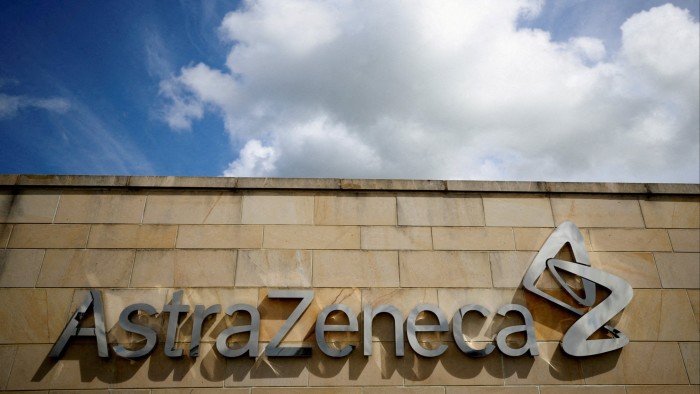Unlock the Editor’s Digest for free
Roula Khalaf, Editor of the FT, selects her favourite stories in this weekly newsletter.
The US ambassador to the UK has urged Rachel Reeves to offer a better deal on drug pricing to global pharmaceutical groups, piling pressure on the government in the same week that Merck scrapped a £1bn London development and AstraZeneca paused a Cambridge project.
At a private dinner at the ambassador’s residence in London on Sunday, Warren Stephens raised with the chancellor the US government’s concerns about the amount the UK pays for drugs as well as the value for money formula used for drug approvals, said multiple people briefed on the meeting.
One of the people said Stephens sought to convey to Reeves how strongly the US government feels about the need for the UK to improve the environment for pharmaceutical companies. Another described the discussion about drug pricing and approvals as “frosty”.
News of the US intervention comes as AstraZeneca said it was pausing a £200mn investment that would have expanded its research and development operations in Cambridge.
The Anglo-Swedish drugmaker’s announcement came two days after US pharma group Merck — known as MSD in Europe — scrapped a £1bn research centre in London, accusing the UK of not being internationally competitive.
Pharmaceutical companies have been pushing ministers to pay more for drugs while complaining that a clawback tax on their UK sales unexpectedly soared this year.
The groups had previously warned that investment in UK research and development was at risk because of what they see as a refusal to pay enough for innovative drugs.
President Donald Trump has railed against European countries that do not pay as much for drugs as the US, accusing them of being “foreign freeloaders”. In May, he described how a friend was able to buy an obesity medication in London for far less than he could in the US.
He has given companies a deadline of the end of September to come up with ways to lower US drug prices and threatened to impose a “most favoured nation” policy that would peg US prices to those in other developed countries.
A senior British official said this week’s meeting was “not just about the UK, but about the rest of the world generally”, adding that the Trump administration believed “everyone else piggybacks on US pharma and their R&D and then keeps prices low so that US pharma doesn’t get a fair return”.
Trump is now “live” to the issue and “wants compensation”, the person added.
A person close to Reeves said Stephens acknowledged wider challenges for the pharmaceutical industry and showed understanding about the tough fiscal environment in the UK.
The US ambassador did not respond to a request for comment.
A spokesperson for the UK Treasury said: “This government is open to working collaboratively with the pharmaceutical industry.”
They added that the government had “put forward a generous and unprecedented offer as a part of the VPAG [voluntary scheme for branded medicines pricing, access and growth] review, which is worth approximately £1bn over three years”, and cut “clinical trial approval times to under 150 days, cutting the delays that deter investors”.
The meeting came ahead of Trump’s three-day state visit to the UK next week, where the two countries are planning to announce agreements ranging from nuclear reactors to artificial intelligence data centres and whisky.
In the trade deal with the US, the UK promised to improve the “overall environment” for pharmaceutical companies, but the specifics are still to be thrashed out.
As the sector does battle with the UK government over drug prices, AstraZeneca on Friday became the latest drugmaker to say its plans to invest in Britain were in jeopardy.
“We constantly reassess the investment needs of our company,” the Anglo-Swedish drugmaker said as it paused expansion of its Cambridge R&D operations.
The move by AstraZeneca, the largest company in the UK by market capitalisation, comes after MSD earlier this week said it was scrapping a £1bn research centre in King’s Cross. Eli Lilly has also paused an investment in a laboratory site.
Earlier this year, AstraZeneca ditched plans to expand a vaccine factory in Speke near Liverpool after the UK reduced the subsidy offer. The plans to expand the Cambridge site were announced by the previous Conservative government as part of the same investment package as the vaccine facility.
Last month health secretary Wes Streeting walked away from the negotiating table with pharmaceutical companies over drug pricing. But health department officials are seeking to reopen talks over drug pricing and market access after MSD’s move to scrap its London research centre.




